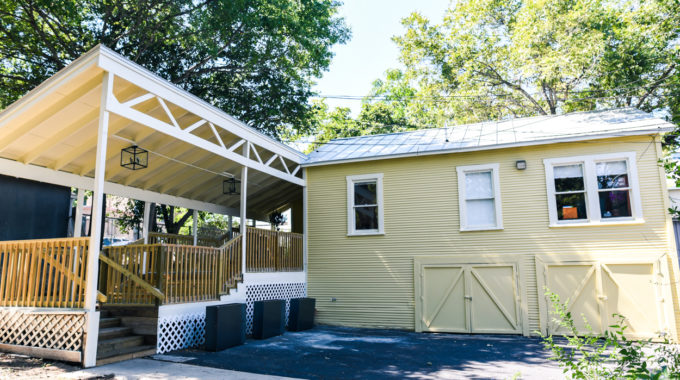
Why You Should Have A Living Will
If you’re under 30 years-old, it’s probably unlikely that you’ve considered your own mortality, especially if you’re healthy. While that’s understandable, it’s also irresponsible. The fact is, illness, life-changing injuries and tragedies strike people indiscriminately, regardless of their ages.
If something were to happen to you and you were unable to make decisions for yourself, who would make them on your behalf? If you’re a minor, your parents or legal guardian would have the right to make decisions for you. If you’re 18 years-old or older, your loved ones would need to get a court order to make decisions for you if you didn’t have a living will or advanced directive in place.
Even if you discussed how you wanted to be treated medically if you became incapacitated with your loved ones, they still wouldn’t be able to act on your behalf without a living will. While getting a court order is often burdensome, your loved ones may be burdened even more if they’re unsure of your wishes.
What Is a Living Will
Also known as an advanced directive, a living will is a legal document that explicitly describes what you want to happen if you become incapacitated and you’re unable to make or communicate decisions for yourself. An advanced directive will designate a person of your choosing to make decisions for you. In essence, a living will only kicks in if your doctor is unable to do anymore for you, you’re not expected to live without the assistance of life support, and you are dependent on life support to keep you alive.
Two doctors need to confirm that you will not recover before the person you designated will be able to use your living will to make financial, legal, and healthcare decisions for you. Once two doctors have determined you will not recover, your living will gives your designee the freedom to act on your behalf in the manner you would have wanted.
With a living will in hand, your designee will know what you want to happen. Ideally, you will have discussed your wishes with your designee before you became incapacitated and your advanced directive will merely serve as a legal outline of your wishes.
Living wills detail your life support wishes – whether you want your doctors to do everything possible to sustain your life or you want to be taken off life support when your doctors determine you cannot survive without being hooked up to machines. Your advanced directive may also include what’s known as a do not resuscitate order, or NDR. An NDR tells the people caring for you not to revive you if you stop breathing and/or your heart stops.
The Benefits of Having a Living Will
As you probably guessed, one of the most significant benefits of having a living will is preventing your loved ones from having to guess what you would want to have done. If your loved ones are unsure about your wishes, they may experience guilt or anger over their decisions. Uncertainty may also create conflict among the people who care about you the most.
Having an advanced directive can also prevent your loved ones or your estate from being overburdened financially. Remaining on life support for weeks or longer can result in exorbitant medical bills that can drain your savings and put a financial strain on your friends and family members.



